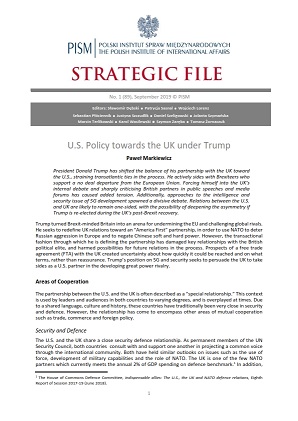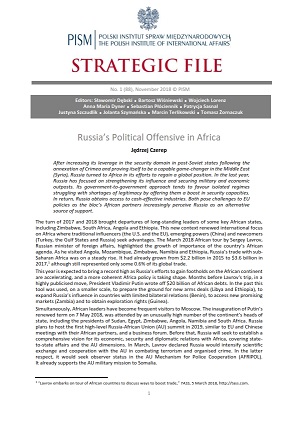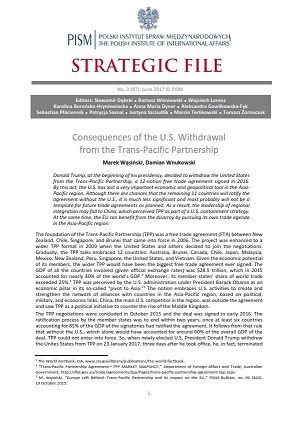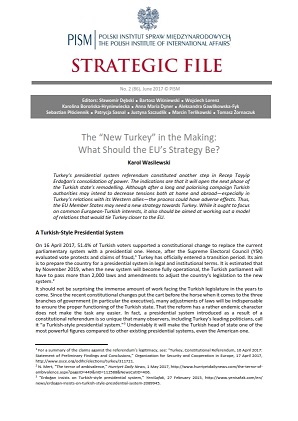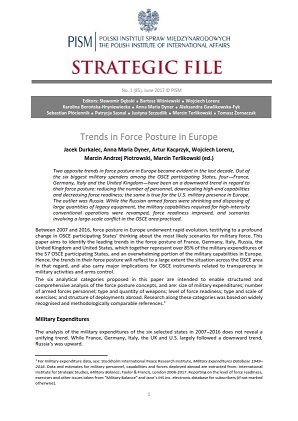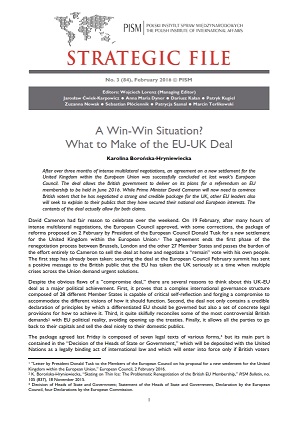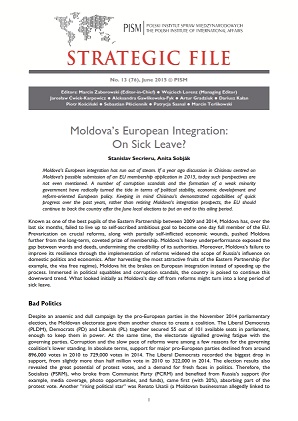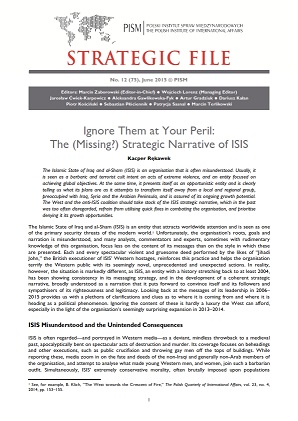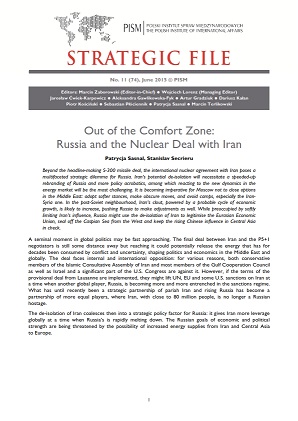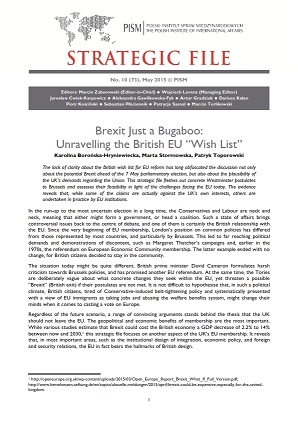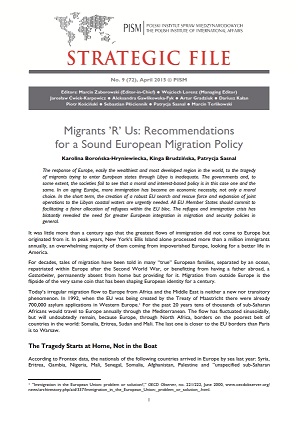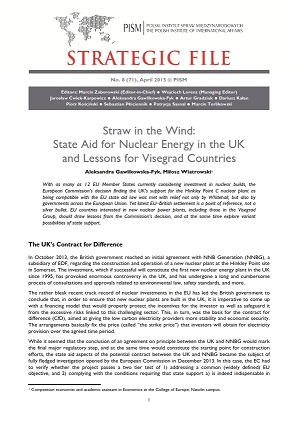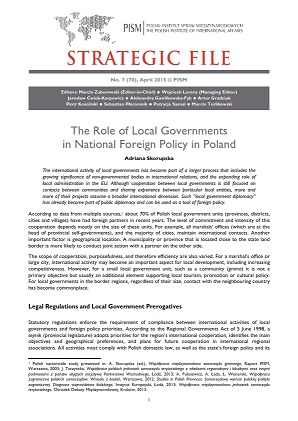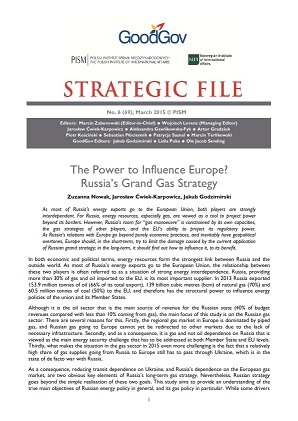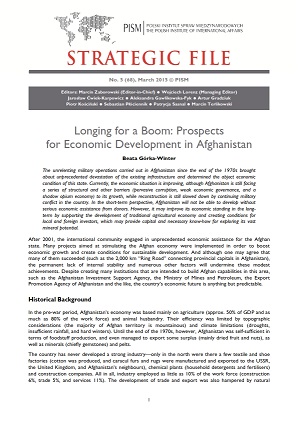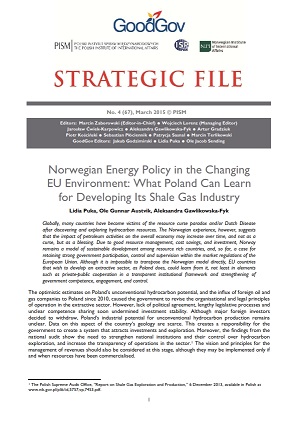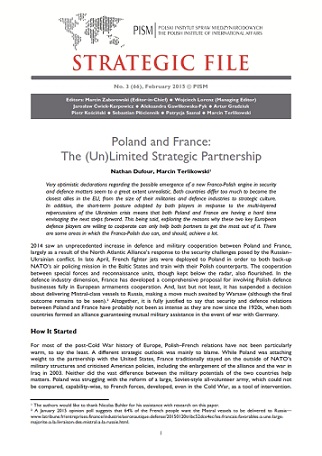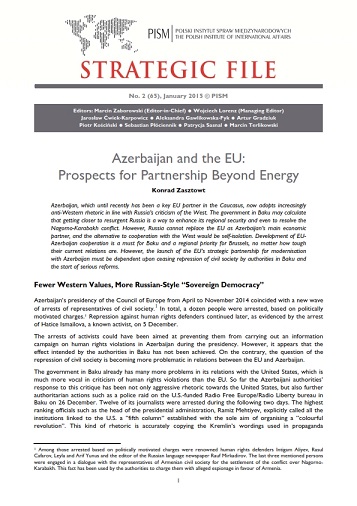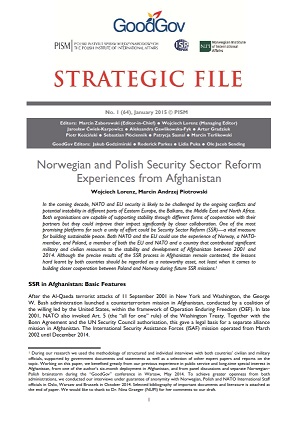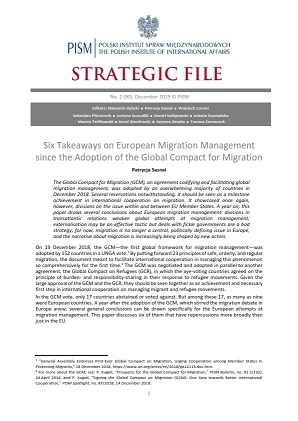
№90: Six Takeaways on European Migration Management since the Adoption of the Global Compact for Migration
№90: Six Takeaways on European Migration Management since the Adoption of the Global Compact for Migration
Keywords: Global Compact for Migration; European migration management; global migrations; international cooperation; European Union;
The Global Compact for Migration (GCM), an agreement codifying and facilitating global migration management, was adopted by an overwhelming majority of countries in December 2018. Several reservations notwithstanding, it should be seen as a milestone achievement in international cooperation on migration. It showcased once again, however, divisions on the issue within and between EU Member States. A year on, this paper draws several conclusions about European migration management: divisions in transatlantic relations weaken global attempts at migration management; externalisation may be an effective tactic but deals with fickle governments are a bad strategy; for now, migration is no longer a central, politically defining issue in Europe, and the narrative about migration is increasingly being shaped by new actors.
More...
